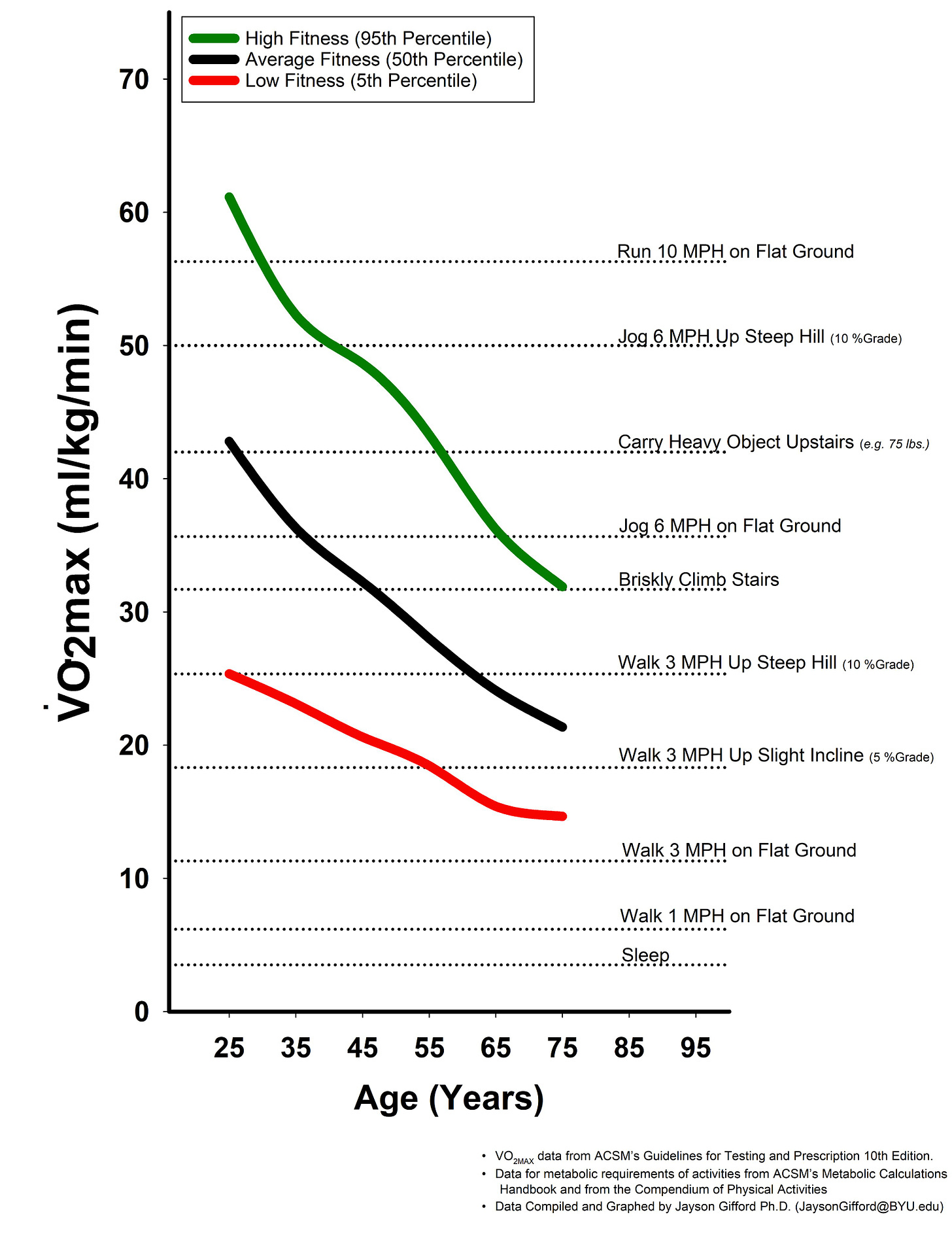Hi friends,
It’s been a while, but it’s a new year and I’m looking forward to starting fresh. The turning of a new calendar year has always been a source of inspiration to me, and although the winter solstice technically lies on December 21, New Year’s Day has always felt like a better embodiment of its essence. It’s a natural end point to a year of hard work, and with the days at their shortest it feels like things can only go up from here.
One of my resolutions in 2024 is to reboot this newsletter and deliver it on a weekly basis. I’ve been reflecting on it for a while and I truly feel better as a person when I write. It helps me absorb the wisdom I am fortunate enough to learn from people that inspire me, and I enjoy sharing it and sparking connections that otherwise wouldn’t have happened. My theory is that doing it every week will actually be easier that doing it every other week or every month, because it will be part of my routine. We’ll see how it goes, but I promise I will do my best.
Thanks again for following, and wishing you health, wealth, and love in 2024.
Jamie
⛳️ Excellent book about the magic of life (and golf) — The Legend of Bagger Vance, by Steven Pressfield
I’ve read a few Steven Pressfield books this year — all of which were all historical fictions set in Ancient Greece — but after hearing him on a podcast recently I was reminded that I have never read his first and most famous book, The Legend of Bagger Vance. For those who are millennials or older, you may remember it was made into a movie in the early 2000s featuring some famous actors at the time (I won’t say who, because I didn’t want to picture them as I was reading it). The story is ostensibly about an epic golf match set in Savannah, Georgia in the early 1930s, but you don’t need to have played the game to enjoy the book. The core concept explained by the mystical caddy Bagger Vance is that we all have an authentic swing we are born with, and our goal is to learn to express it to its fullest. Everyone will swing authentically the first time they play, and the best golfers’ trained swings are remarkably similar to their initial swings as children. But for the rest of us who are taught to swing like other people somewhere along the way, we experience great distress and pain when we deviate from our natural instincts and inclinations. The parallel here is to our life, and our authentic self. We are all born unique, with unique DNA, environments, interests, and passions that will never again be replicated in history. Our goal in life is thus to express our uniqueness to its fullest, for that is where we will be most fulfilled and likely to succeed. It’s a great work of fiction and is quite short at only ~200 pages, and it made me reflect on life in a new and fresh way.
🎧 Two interviews that will make you wiser — Robert Greene on Huberman Lab & Tetragrammaton
Robert Greene is the wisest person I’ve read when it comes to the nature of humans, and these are two recent interviews with him I really enjoyed. The first is a ~3 hour conversation with Andrew Huberman, which I actually listened to twice in its entirety if that tells you anything. The second is with Rick Rubin and is *only* about 2 hours. Both explore the core themes in his books — human nature, power, seduction, strategy — as well as the subject of his newest book (in progress), the concept of the sublime. It’s noteworthy that Greene almost died several years ago after suffering a stroke, and it’s incredible to see him continue to live according to his principles in spite of this — something he speaks about in both podcasts. Given it’s the new year, I’d also recommend his daily reader The Daily Laws (again), which effectively summarizes all of his works in a one page entry per day. Perhaps unsurprisingly, January is all about finding your life’s calling — an homage to his excellent book Mastery, and also a nice tie in with the central theme of Bagger Vance.
💪 Book that everyone should read to maximize the length and quality of their life — Outlive, by Peter Attia
I’ve recommended a bunch of content from Peter Attia in the past, and this book is a culmination of all his work on how to maximize the length and quality of your life — or in other words, your healthspan. The main premise is the concept his coins Medicine 3.0, which is a substantial improvement over our current mainstream medical system, Medicine 2.0. While Medicine 2.0 has been very effective at treating acute issues (broken bones, infections, surgeries, etc.) it is quite poor at preventing and curing the systemic issues that are now most likely to degrade our quality of life and kill us. This comes primarily in the form of what he terms the 4 horsemen — heart disease, cancer, metabolic disfunction (diabetes), and Alzheimer’s. Each of these build up in your body over decades, and Medicine 2.0 simply treats the symptoms long after they have reached thresholds that are very difficult to reverse, instead of addressing them in their very early stages through vigilant, individualized monitoring and intervention. The book goes through various prevention strategies for each of these horsemen, and other major factors that are likely to impact your healthspan (exercise, nutrition, etc).
Since most of this was not new to me personally, I actually found the most value in his final chapter on emotional health. The question he poses is, what’s the point of living longer if you’re miserable? Despite being extremely outwardly successful, Attia recounts his own emotional and mental health crisis that almost lost him his marriage, family, and life, and how he’s come back from it. It was refreshing to hear such an honest take from someone I respect, especially given the similar nature of his issues to my own — predominantly a strong case of perfectionism and its associated negative self-talk.
Outlive can be a dense read but I think it is truly worth it. For those of you looking for a quick summary, here’s a list of the most important things that I learned:
Exercise is by far the most important thing you can do to increase the length and quality of your life, full stop.
This chart on VO2 max is pretty mind-blowing. First, because being in the top 5th percentile is roughly equivalent to being functionally 30 years younger than at the 50th percentile. But it’s even more valuable (and sobering) to look at what you will be capable of as you age based on your current percentile. Since the benefits of having a high VO2 max compound in your later years, it’s not surprising that it has the strongest correlation with longevity over all other factors. All this to say it’s definitely worth the pain and suffering required to improve it, so you should consider how to incorporate VO2 max training in your exercise routine sooner than later.
Any nutritional intervention (diet) that limits your intake of protein is likely to adversely affect your healthspan, due to the loss of muscle mass. This includes fasting, of which Attia was formerly a big proponent. So if you’re aiming to lose weight, ensure you are strength training and taking in sufficient protein. Again, this is especially important as you age because muscle mass is highly correlated with longevity and degrades more rapidly with each passing year.
Get screened early and often for each of the 4 horsemen. Your normal (2.0) doctor is unlikely to screen for any of the advanced biomarkers, so you will need to take ownership of your health and ask for specific (low cost) tests to be added to the standard battery during your annual physicals. It’s for this reason alone I’d recommend everyone pick up a copy of the book, so they have a reference guide of what to look for, and what questions to ask their doctor. Metabolic dysfunction seems to have a multiplier effect on each of the other three, so it’s probably best to start there if that’s a concern.
Take care of your emotional health and relationships, because if you’re miserable between your ears it doesn’t matter how physically fit you are. “The quality of your mind is the quality of your life” is one of my favorite sayings and connects perfectly here. But it takes a lot of work and can be quite painful, just as with everything else that seems to be good for you over the long run.
🤔 Quote of the week — "Do not be too timid and squeamish about your actions. All life is an experiment. The more experiments you make the better. What if they are a little coarse, and you may get your coat soiled or torn? What if you do fail, and get fairly rolled in the dirt once or twice. Up again, you shall never be so afraid of a tumble." ~Ralph Waldo Emerson






Happy to hear your voice again!!
Glad to see you back around these parts. That VO2 max chart is fascinating. And thanks for the pointers to the Robert Greene podcasts — I’m downloading them now.